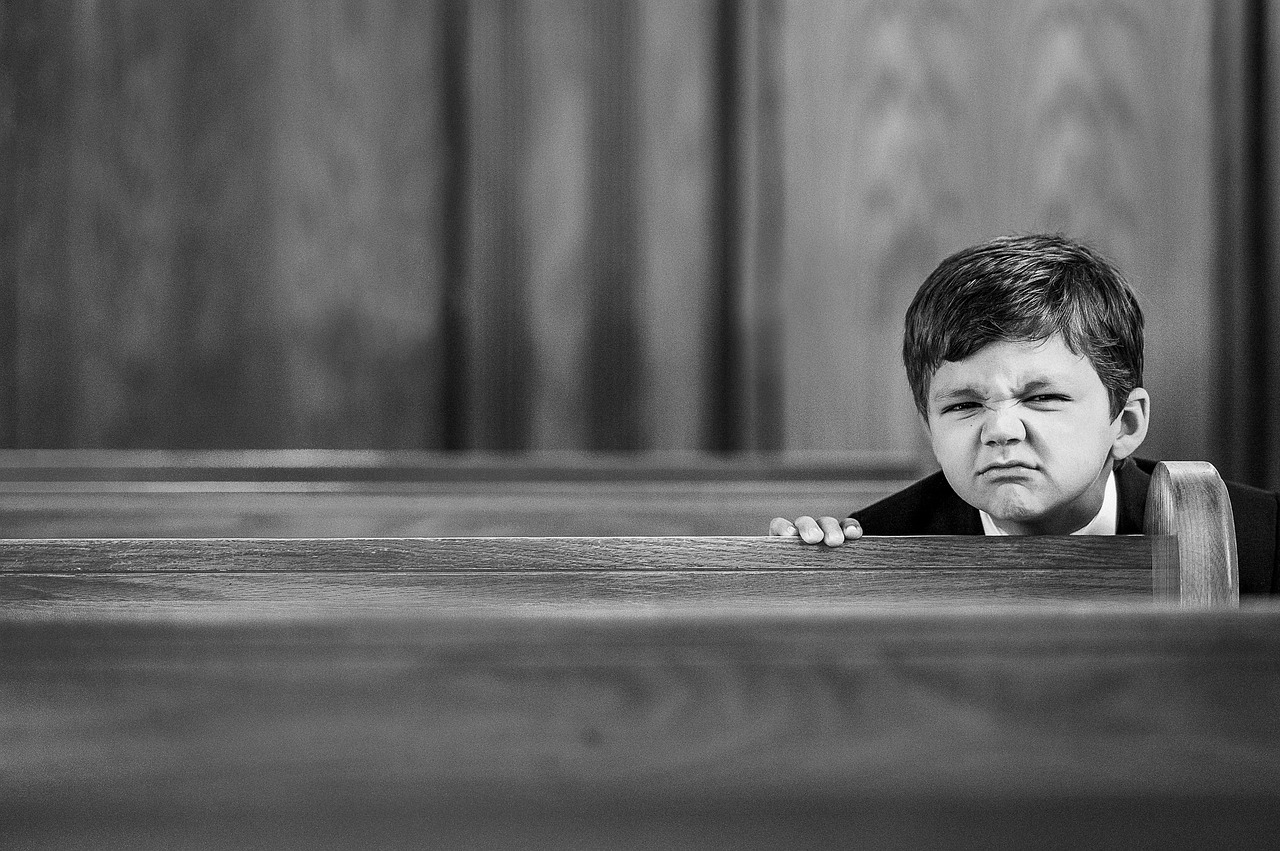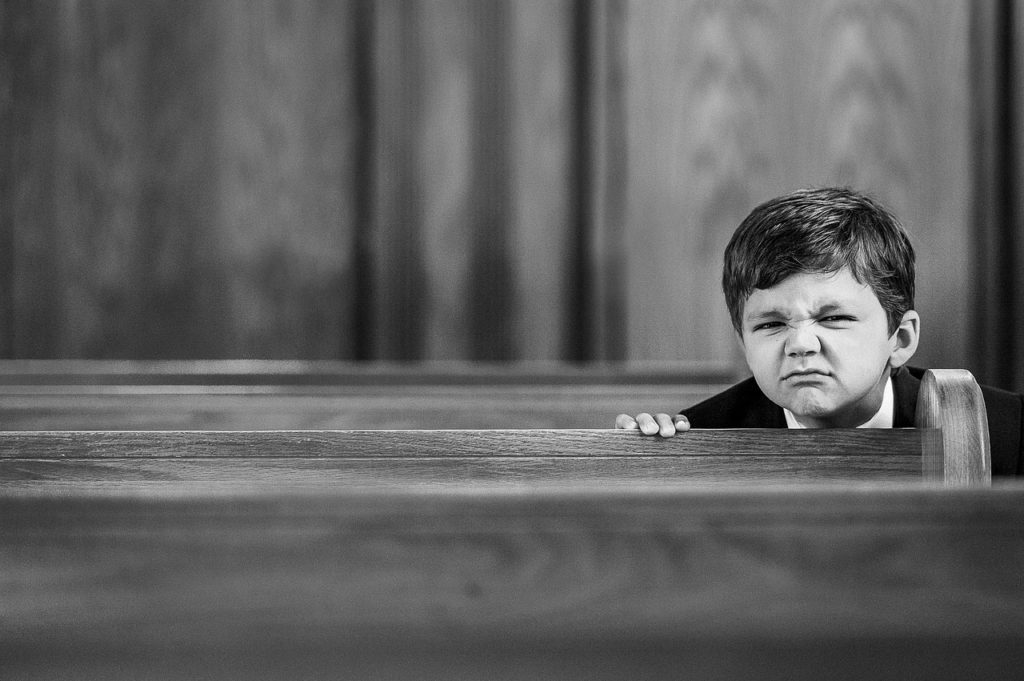Prayers of Intercession/Pastoral Prayer
In the dialogue of Sunday worship, the people continue to speak in this section. The Pastoral Prayer is a continuation of our response to God’s word.
This prayer is primarily intercessory. In it, we petition God for the needs within the church, the universal church, and the world.
This was the killer for me as a kid. It was “the long prayer,” and for some reason, I could not be fortified with a peppermint as I had been for the sermon. It was interminable because there was a lot of need in our particular church, but this prayer’s scope was global. It was long but learned a lot about reality from the Pastoral Prayer even when I was very young.
What I learned from the Pastoral Prayer
[click_to_tweet tweet=”Seven things I learned from the ‘Pastoral Prayer.’ Or ‘the long prayer’ as I called it. It was interminable, but its lessons have stuck with me. #worship #prayer #pastoralprayer #CongregationalPrayer” quote=”Seven things I learned from ‘Pastoral Prayer.’ Or ‘the long prayer’ as I called it. It was interminable, but its lessons have stuck with me. “]
- We can speak to God about all of our needs.
- God is big. My father was the pastor, and he was talking to God whom he addressed as “father.” He talked to God like he was big. When I was a kid, my father was big too–so to hear my father speak to God this way was revealing. He prayed like God could really do something for the missionaries in Africa or the victims of flooding in China. All my father prayers started, and still do, with praising God for who he is.
- God is Father. My father talked to God with familiarity and sincerity as well as respect. This paradox was not lost on me as a young child. I learned that God is big, but he is also good. A heavenly father.
- God cares. He cares about this person who had this ailment, and that family who has lost someone. He cares about the people in the world who didn’t have clean water or food. He cares about the missionaries who are bringing good news.
- I learned that he wasn’t just the God of people in my church, and not just the God of Christians, but of everybody. We prayed for our town and about the leaders of the country, and for the leaders of other countries. That they would be wise and that they would be obedient.
- I also learned that God could do something about these things we were praying about. My father prayed with expectation. But I also learned that the prayer wasn’t some kind of a magic trick. The prayer wasn’t valuable for its utility–there was something else going on. That prayer was, in large part, for the sake of the one who prays.
- At some point, I figured out that I could send my own small requests to God during the Pastoral Prayer. My father had opened the conduit, as it were, so I figured I could still fire up some requests alongside his.
There are more things that I learned, but the important thing is that I learned them because they were repeated every week. They have stuck with me for many decades now, because of the repetition.
My current church always prayers for another local church, and a missionary. I love this ritual it shapes us. we come to know, among other things, that the Body of Christ involves other congregations and denominations in this town. These other churches are not in competition with us but are all trying to achieve the same thing–the learning and spreading of the Good News.
Offertory Prayer and the Offering
We continue in our response to the Word with the offering.
The offertory prayer is a regular reminder that God has blessed us richly. All that we have comes from him. He gives the gifts through which we love our neighbours.
Giving is both a sacred duty and a “joy.”
These terms seem contradictory, but they are not–when you fully understand that God has given you everything, and everything you have belongs to God, giving is quite easy. When you think that what is your’s is your’s, cheerful giving is impossible.
[click_to_tweet tweet=”Just as your parents always gave you a nickel to drop into the collection plate, the weekly giving, and the prayer that goes along with it, is a training exercise that is meant to train us into joy. #offering #tithe #tithing ” quote=”Just as your parents always gave you a nickel to drop into the collection plate, the weekly giving, and the prayer that goes along with it, is a training exercise that is meant to train us into joy. “]
Just as your parents always gave you a nickel to drop into the collection plate, the weekly giving, and the prayer that goes along with it, is a training exercise that is meant to train us into joy. The joy that comes from understanding that all we have belongs to God and are to be used for his purposes.
Other posts in this series:
The Order of Worship (1): The Call to Worship and Greeting
The Order of Worship (2): Confession
The Order of Worship (3): The Sermon
The Order of Worship (4): The Creed
The Order of Worship (6): Lord’s Supper
The Order of Worship (7): The Benediction



